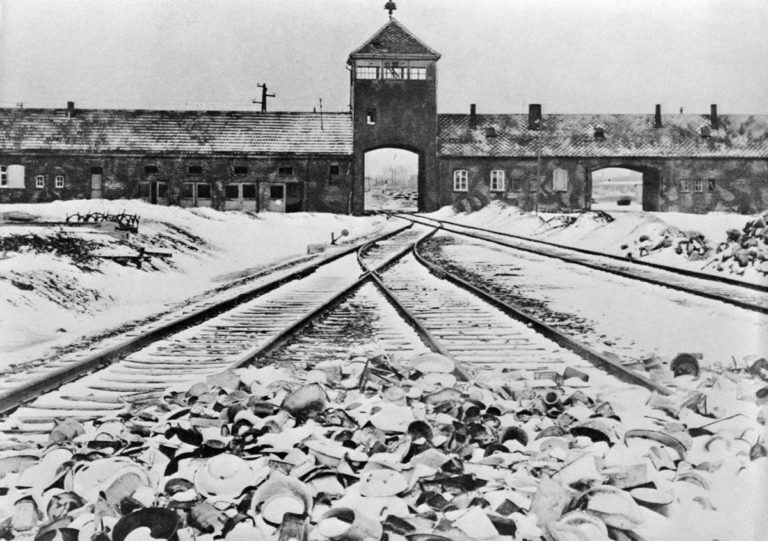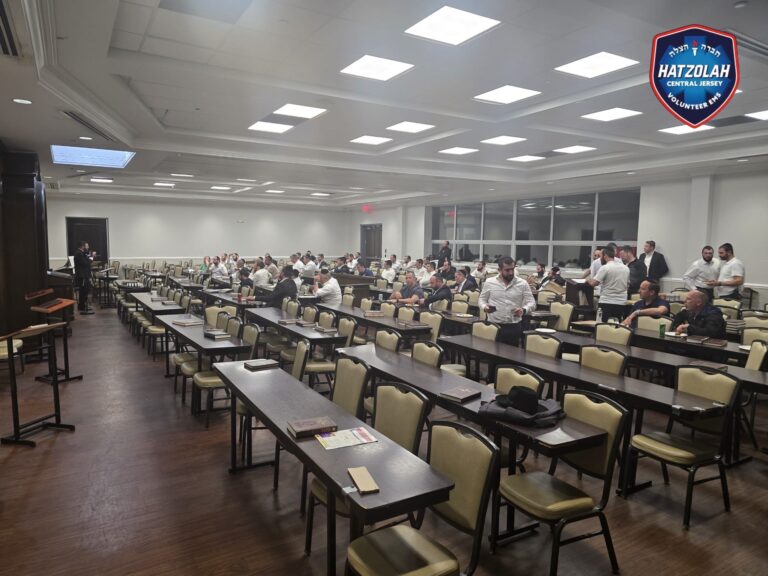President Donald Trump announced reciprocal tariffs during a highly anticipated “Make America Wealthy Again” event which he said will restore the American dream and bolster jobs for U.S. workers.
“American steel workers, auto workers, farmers and skilled craftsmen,” Trump said from the White House Rose Garden Wednesday afternoon. “We have a lot of them here with us today. They really suffered, gravely. They watched in anguish as foreign leaders have stolen our jobs, foreign cheaters have ransacked our factories, and foreign scavengers have torn apart our once beautiful American dream. We had an American dream that you don’t hear so much about. You did four years ago, and you are now. But you don’t too often.”
“Now it’s our turn to prosper, and in so doing, use trillions and trillions of dollars to reduce our taxes and pay down our national debt,” he said. “And it will all happen very quickly. With today’s action, we are finally going to be able to make America great again, greater than ever before or. Jobs and factories will come roaring back into our country and you see it happening already. We will supercharge our domestic industrial base.”
Trump was joined by members of his Cabinet for the highly anticipated announcement, which marked the first official presidential event held in the Rose Garden since Trump’s January inauguration.
“For nations that treat us badly, we will calculate the combined rate of all their tariffs, nonmonetary barriers and other forms of cheating. And because we are being very kind, we will charge them approximately half of what they are and have been charging us. So the tariffs will be not a full reciprocal. I could have done that. Yes. But it would have been tough for a lot of countries,” he said.
Trump pointed to the European Union, and explained the U.S. will charge its nations a 20% tariff, compared to its 39% tariffs on the U.S. Japan will see 24% tariffs compared to the 46% the country charges the U.S., while China will be hit with a 34% tariff compared to the 67% it charges the U.S.
Trump rattled off the countries that will face the reciprocal tariffs, which also included nations such as Chile, Pakistan, Sri Lanka and others.
Other nations will face 10% baseline tariffs, Trump said.
Trump also railed against “non-tariff barriers” imposed on the U.S. Non-tariff barriers are understood as trade restrictions that limit international trade through means other than tariffs, such as quotas or regulations. Non-tariff barriers imposed by other countries on the U.S. commonly focus on agricultural goods, such as limits on meats and fresh produce the nation can export abroad.
“For decades, the United States slashed trade barriers on other countries, while those nations placed massive tariffs on our products and created outrageous non-monetary barriers to decimate our industries,” Trump said. “And in many cases, the non-monetary barriers were worse than the monetary ones. They manipulated their currencies, subsidized their exports, stole our intellectual property, imposed exorbitant taxes to disadvantage our products, adopted unfair rules and technical standards, and created filthy pollution havens.”
Trump said that for more than 100 years, the U.S. was a tariff-backed nation, which provided a surge of wealth.
Trump added that if nations “complain” about the tariffs, they should set up shop in the U.S.
“And my answer is very simple. If they complain, if you want your tariff rate to be zero, then you build your product right here in America. Because there is no tariff. If you build your plant, your product in America. And we’ve seen companies coming in like we’ve never seen before,” he said.
Trump and his administration have for weeks touted April 2 as “Liberation Day,” arguing that reciprocal tariffs will even the playing field for the U.S. after decades of unfair trading practices.
“April 2nd, 2025, will go down as one of the most important days in modern American history,” White House Press Secretary Karoline Leavitt said during Tuesday’s White House press briefing. “Our country has been one of the most open economies in the world, and we have the consumer base, hands down — the best consumer base. But too many foreign countries have their markets closed to our exports. This is fundamentally unfair.”
Trump and his administration have touted that the tariff plan will encourage business in the U.S. as industries set up shop on American soil to avoid tariffs, opening up job opportunities for U.S. workers.
(YWN World Headquarters – NYC)












One Response
It means Americans will pay more for goods, and have an inferior selection to choose from. Americans who sell goods and services to other countries will lose their jobs. In general, Americans have in the past taken the good jobs, and imported good made by foreigners at a low cost (and whose processing in America would be expensive). Even in manufacturing, American goods offered for sale in foreign companies would have a problem since American workers are well paid compared to the rest of the world, and foreign countries will retaliate with tariffs of their own.
If you are a banker working for an international bank and have a six-figure income, do you really want to work as a farm laborer where the six-figures include a decimal point?
The likely result is a serious amount of inflation and increased unemployment in the United States, resulting in the Democrats having solid control of the government by Jan. 20, 2029 — which is very bad news for both American Jews and Israelis, since the Democrats are increasingly led by anti-Semites who support terrorist demands to genocide the Jews of Eretz Yisrael.